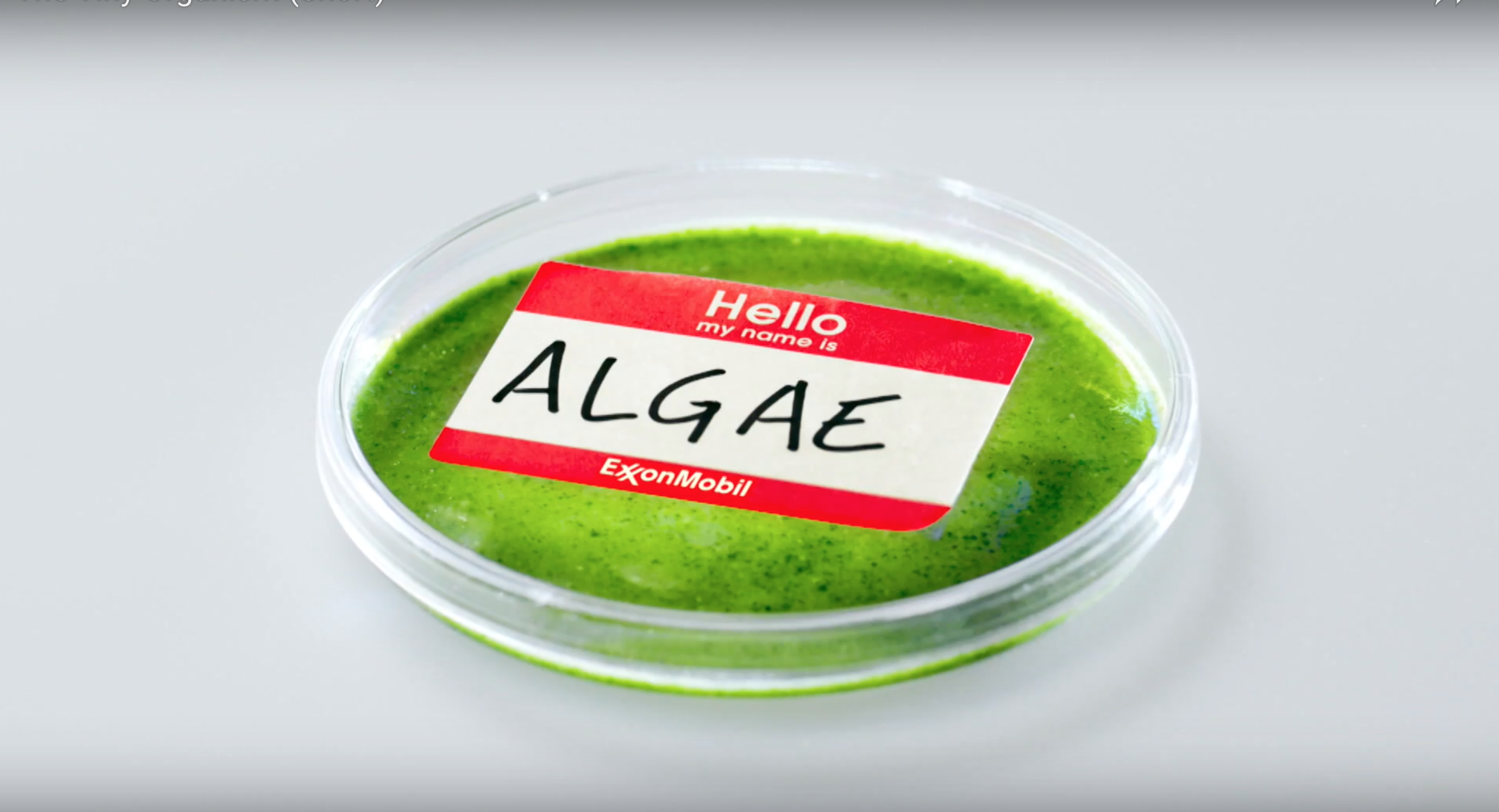Ray McDonald is a chemical engineer within ExxonMobil Research and Engineering Company, responsible for helping develop lubricants and grease for the next generation of electric vehicles (EVs). Part scientist and part futurist, McDonald works with a team to find solutions to elusive challenges that, if solved, will allow future drivers to go farther. Literally.
Energy Factor: Electric and plug-in hybrid vehicles are growing in popularity, but what do you see 20 years from now, and where does ExxonMobil fit into this market?
Ray McDonald: We see rapid growth in electric and plug-in hybrid vehicles around the world, from about 2 million in 2016 to more than 150 million in 2040. This growing demand means manufacturers will need an entire new class of fluid technology that not only delivers the same benefits of lubricants designed for combustion engines, but also caters to elements unique to electric motors, allowing them to operate with increased efficiency and power density as technology advances. At ExxonMobil, our team is committed to expanding our decades of experience formulating and developing lubricants to take on these mobility challenges of the future.
EF: Can you describe what those EV systems may look like in the near future?
RM: Well, almost every day there are new electric vehicle manufacturers popping up, and whether it’s a startup or an established company, the future technology drivers will be centred on lighter-weight materials, higher energy density and more-efficient components. Specifically, that means new batteries working with new motors and new gear boxes to make the next generation of vehicles travel farther on less energy.
EF: So, for the materials you’re producing today, how do you know whether they can withstand those pressures in equipment not yet designed?
RM: What we’re really talking about is high-heat generation. We know the batteries, the electric motors and gear boxes are all being designed to do more with less, and that means increased temperatures. All of that entails developing new products that can meet specifications not yet delivered, or even imagined.
EF: How does that work?
RM: For me, it’s the first time in my career where I’m talking with OEMs (original equipment manufacturers) about very early stage development, where we’re almost creating a new category of technology – and that’s different from anything I’ve ever done.
EF: So how do these breakthroughs differ from what ExxonMobil has done in the past?
RM: Well, we’re always trying to find new partners, or manufacturers, that will make vehicles in the future that drive new technology. And, if we can help that process, it will be no different, really, from what we’ve done producing lubricants over the last 150 years.




